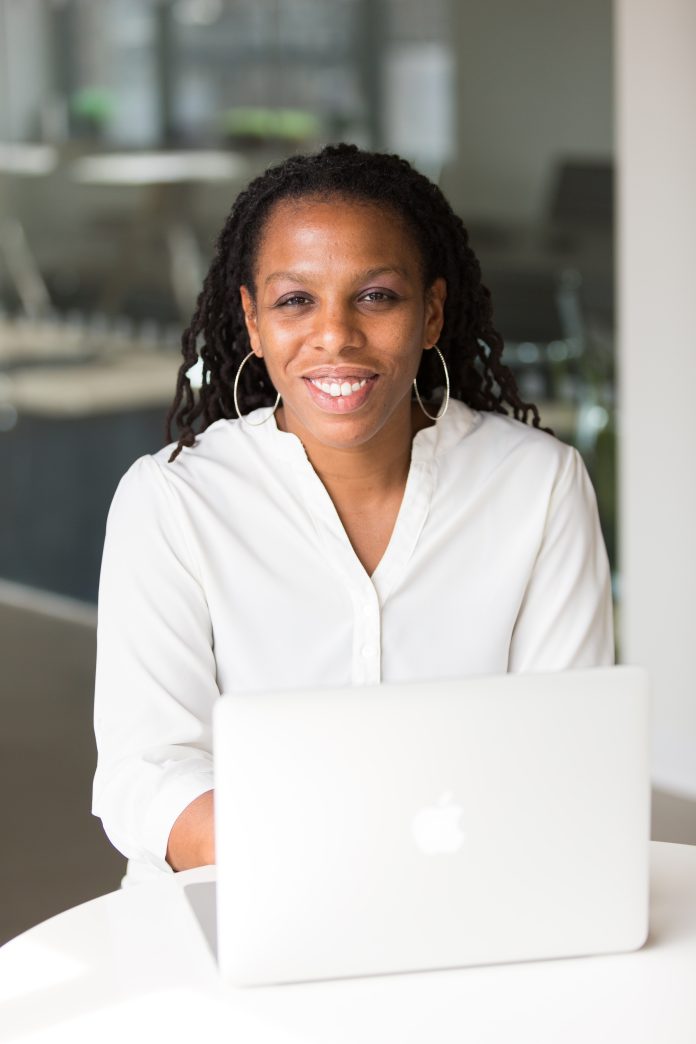
The COVID-19 pandemic made digital literacy essential for navigating everyday life. People relied on Zoom and various video conferencing platforms to work from home, attend school, and check in with friends and family while the country was subjected to stay-in-place ordinances.
Online delivery services for groceries and basic necessities became integral to people complying with social distancing.
Technology became essential to accessing medical services, like telehealth, especially for vulnerable communities who were scared to go to hospitals during the pandemic.
But being able to take advantage of those services is contingent on a person’s knowledge of how to use them and ability to access devices.
In January, Johns Hopkins’ OECD, alongside Microsoft and the Johns Hopkins Office of Telemedicine, will pilot a free digital literacy program for community residents.
It will involve a number of sessions that cover basics, like setting up Wi-Fi, accessing electronic patient portals, navigating MyChart, establishing proxy access for patient portals and using Zoom, Microsoft Teams and Webex.
The sessions will be led by individuals from The Johns Hopkins School of Nursing Center for Community Programs, Innovation and Scholarship (COMPASS Center).
“We are launching this in the faith-based community. They’re going to be our initial partner because we really looked for where to find that vulnerable or older adult that may be in need of this service,” said Audrey Johnson, director of economic innovation and strategy at Johns Hopkins’ Office of Economic Development and Community Partnership (OECD).

The program will help senior citizens in a number of ways as they learn how to use standard technology for virtual health appointments.
“When we look at our seniors and our older residents, going to the hospital for a doctor’s appointment sometimes can be a little risky given the pandemic and now the flu and RSV,” said Johnson.
The program already has a set of devices with different applications that volunteers will use to teach older adults, but the greater goal is to provide participants with their own devices.
Johnson joined the Johns Hopkins team during the COVID-19 pandemic. Since then, she said residents have depended on the institution for extra support and services.
Hearing stories from vulnerable residents made it even more important for Johns Hopkins to ensure they have the resources to not only survive but thrive.
“We’re focusing on seniors first because we realize there’s a huge gap, but really how do we engage the community around technology and medicine for their own good?” said Johnson.
She hopes the program can reduce the intimidation that older adults experience with technology.
For more information, individuals can email [email protected].


